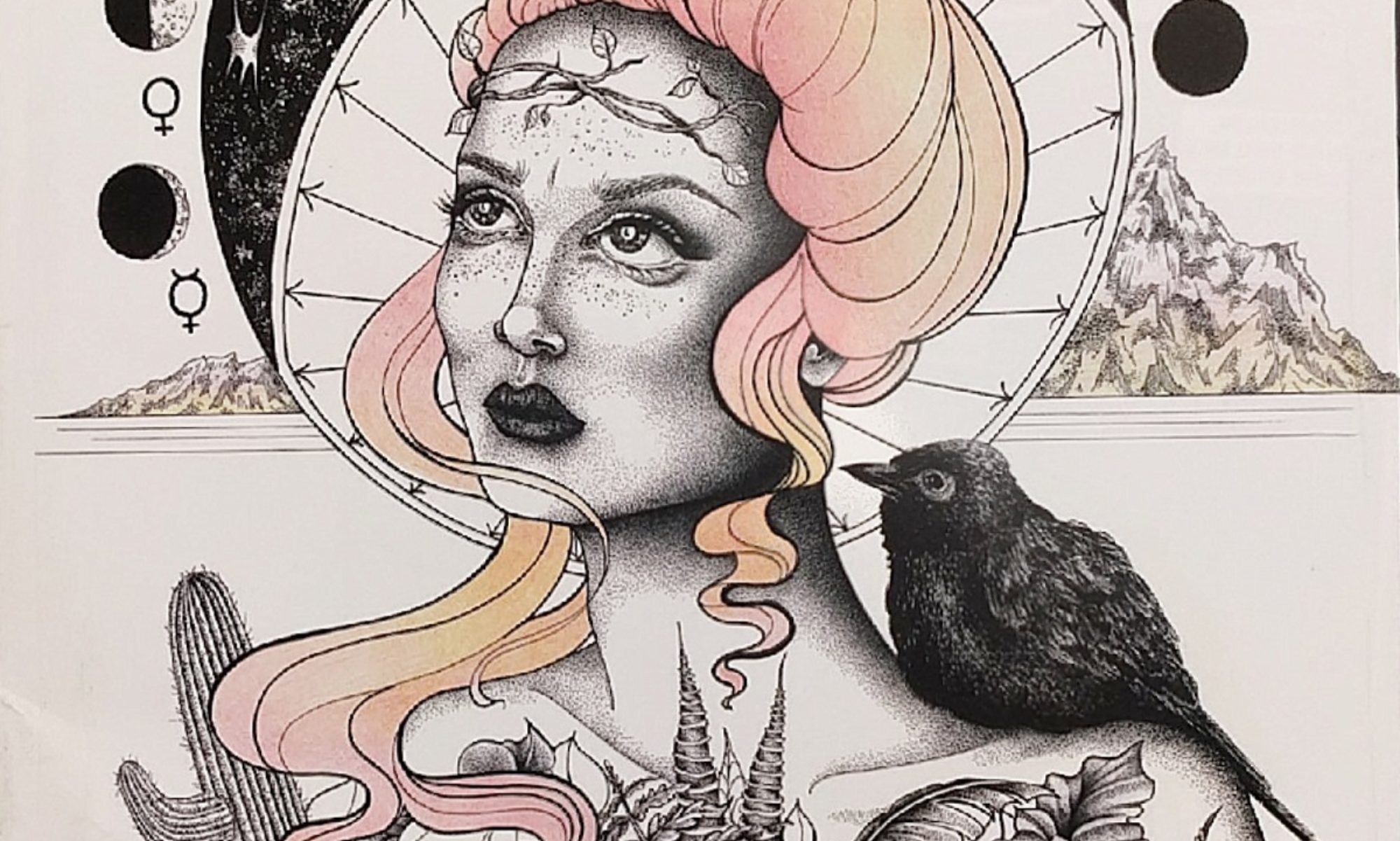
By Rachel Narvey
It can be hard not to hear the echo of past punk greats when listening to a new, turbulent sound. Originating from Vancouver, White Lung have been compared to 90s influencers Hole, L7, and Babes in Toyland. To guitarist Kenneth William, his band’s sound is an entity unto it’s own, something decidedly modern and of this moment.
“Right now is kind of a weird time for music,” he says over the phone, a couple days before White Lung embarks on their summer tour. “For the last five years or so, there’ve been so many bands imitating different eras of music, and we just thought that it made sense for this record to make something that sounded really modern. A lot of our older records get compared to bands that I feel like we don’t sound like at all, so this time we decided to try something new and see where it would take us.”
William is talking about White Lung’s latest album, Paradise, a ten-track record that sears with all the soured-milk thrill the band held in the past. The difference here is perhaps the finesse the artists have gained, whittling tracks that used to sprawl down into more focused, taught anthems, like pulling a whetstone over the blade of a knife.
“I don’t think I used any of the same equipment I did on the old ones,” Kenneth says. “We’ve also recorded it all on a computer and used that to rearrange the songs while we were writing them. I used a bunch of really strange guitar pedals that were made by these weird new companies just to give each song a different vibe.”
New gear or not, White Lung have always carried themselves with a certain dynamic jolt, setting themselves apart from the crowd as soon as their sophomore album Sorry was released in 2012. The band began as a duo, with frontwoman Mish Barber-Way enamored with drummer Anne-Marie Vassiliou’s virtuosity. William hadn’t picked up a guitar since grade-school, but something about hearing the two woman play convinced him this was the moment to return to the instrument.
“I had stopped (playing guitar) because I was just kind of sick of it,” William says. “There weren’t any bands that were exciting for me at the time that were guitar based. I was actually playing drums and learning how to use synthesizers to try something new, but I picked it up again. I thought that this band specifically had the potential to be something a bit more special.”
As William describes his band’s songwriting method, it becomes clear that the three operate in a different way from most bands. In the early stages of Paradise, William and Barber-Way began their work separately, only coming together when things felt relatively complete.
“It let us get exactly what we wanted before we showed it to the other person,” WIlliam says. “I would be completely happy with it by the time she heard it, and neither of us would be diluting our ideas. It’s kind of about everyone in the band, and Anne-Marie too, just getting to do exactly what they want without compromising too much . . . it makes it sound like we hate each other but it’s actually the complete opposite. I trust what they’re going to do.”

